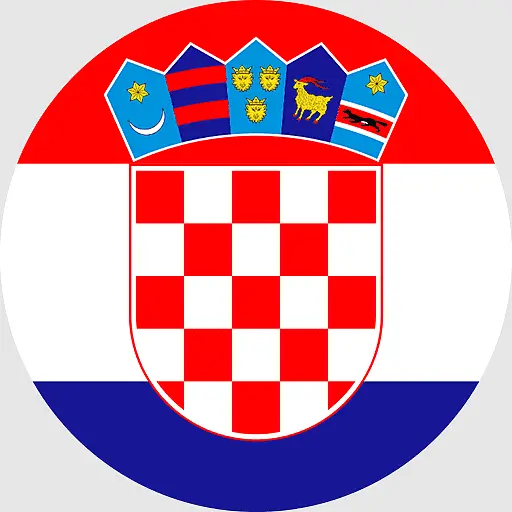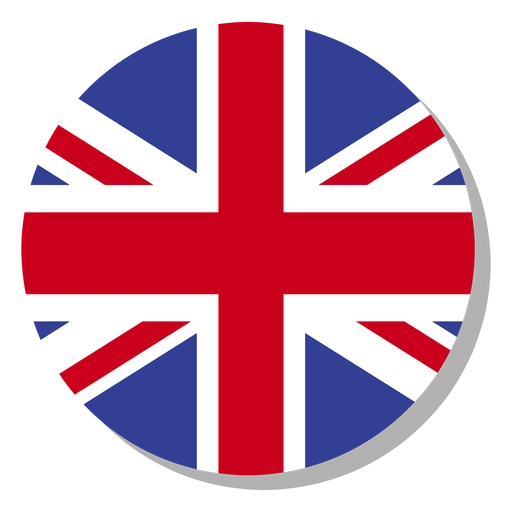Property Management System
Tue Dec 03 2024

Why Reservation Management is Crucial for Hotel Success and How to Optimize It
Reservation management is not only a basic function of every hotel but a fundamental aspect that directly impacts profitability. A well-organized reservation system allows hotels to efficiently utilize their capacity, better predict occupancy, optimize prices, and provide better service to guests. With proper management, hotels can maximize revenue per available room (RevPAR), reduce cancellations, and improve overall guest satisfaction.
However, in a rapidly digitalizing world with growing competition, reservation management must be optimized to fully leverage its potential.
What is Reservation Management?
Reservation management in hospitality refers to the systems and processes that allow hotels to accept, organize, and track reservations from the moment a guest makes a booking until they check out. This includes tracking availability, setting prices, managing cancellations and changes, and optimizing capacity.
How to Optimize Reservation Management?
Optimizing reservation management involves several key elements:
Property Management Systems (PMS): These systems allow hotels to track all reservations in real-time, which is crucial for efficient capacity management and preventing double bookings.
Dynamic Pricing: Using advanced algorithms and technology, hotels can set different prices based on demand, season, and competition. For example, during peak season, prices may rise, while during low-demand periods, prices can decrease to increase occupancy. Dynamic pricing enables hotels to maximize revenue and increase competitiveness.
Channel Management: Since most reservations come through online channels (e.g., Booking.com, Airbnb, Expedia), it is essential to have a centralized system for managing these channels to avoid overlaps or double bookings.
Cancellation Policies and Flexibility: Flexible cancellation policies can attract guests, but they can also increase the risk of cancellations. Balancing these policies is crucial for maintaining revenue stability. Optimizing these terms can help hotels reduce losses and ensure stable income while still attracting guests with better terms.
Practical Example:
Imagine a small luxury hotel in Zagreb looking to optimize its reservation system. Until now, they have been using a basic reservation tracking system but haven’t implemented dynamic pricing. As a result, the hotel faced occupancy issues during weekdays, while weekends were overly busy with high prices. After implementing a dynamic pricing system, the hotel was able to adjust prices according to demand, increasing occupancy during slower days and boosting revenue during peak periods.
Reservation Management Systems vs. Distribution Channels:
While reservation management systems allow hotels to track all reservation data within their systems, distribution channels (OTA platforms) allow hotels to reach a broader audience. Integrating both systems enables hotels to optimize sales and reduce the risk of overbooking.
Hologic's integrated PMS with Channel Manager ensures that all data and prices are synchronized across all online channels, reducing the risk of double bookings and automatically optimizing the distribution strategy.
Conclusion
For success in hospitality, it is not only important to attract guests but also to properly manage reservations, optimize prices, and deliver a seamless experience. Hologic offers tools that can help optimize all aspects of reservation management, enabling your hotel to achieve better results and maintain competitiveness in the market.

The all in one hotel management solution.
Use cases
All-in-one
Hardware / Property
Hardware / POS
Property / POS
Contact
info@hologic.io
© 2026 Hologic



